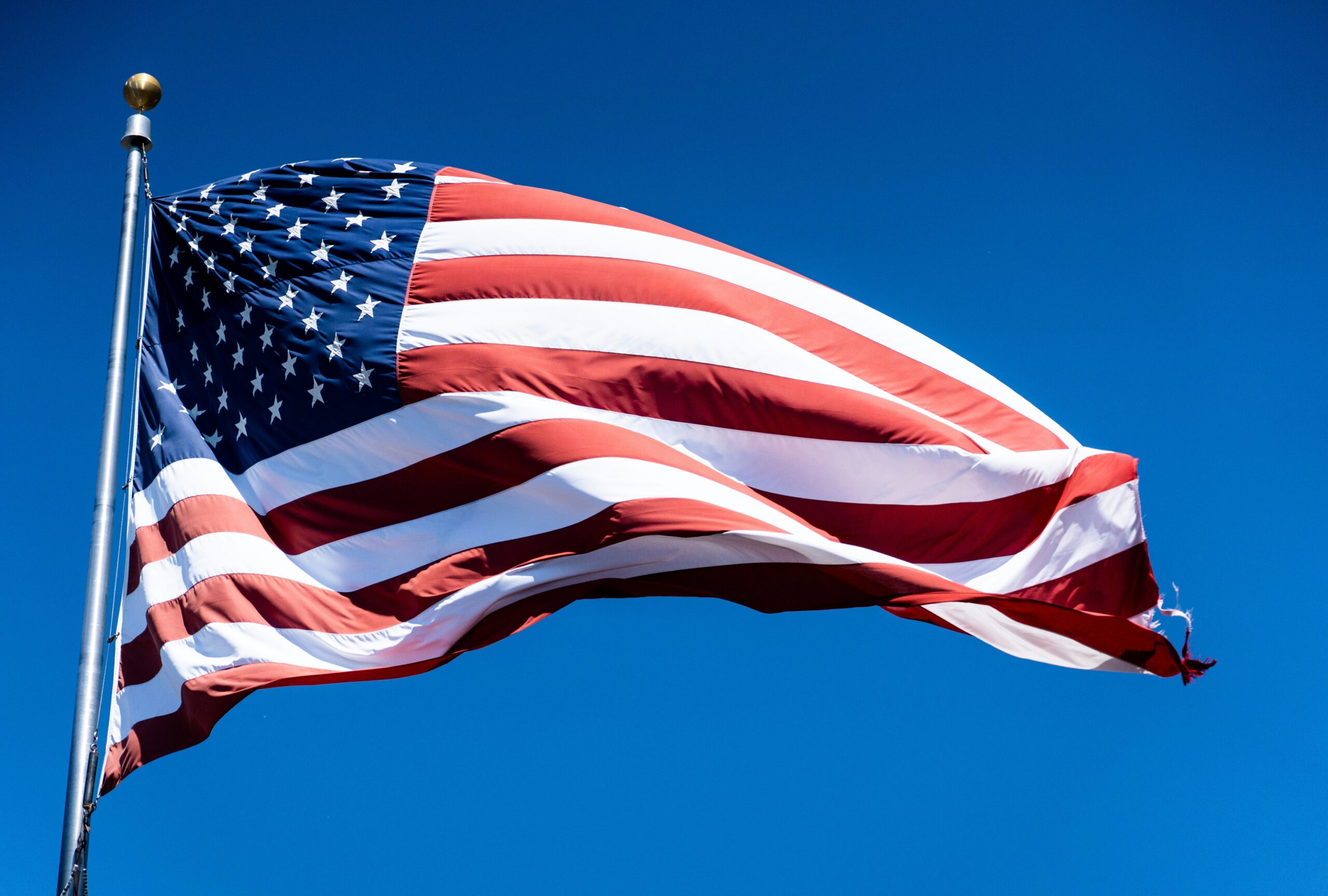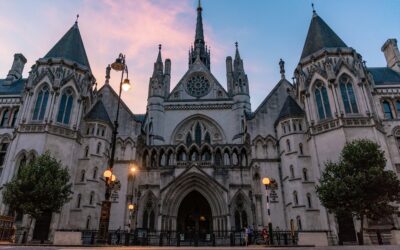This briefing was first published on 1.7.25 and last updated on 8.12.25. It will be kept updated as there is more news.
The US government is trying to implement a policy to end birthright citizenship for babies born in the US to foreign parents which may indirectly impact parents through surrogacy.
What has happened so far on birthright citizenship?
Immediately after taking office in January 2025, President Trump signed an Executive Order seeking to remove the longstanding US law that any child born in the US is automatically a US citizen irrespective of their parentage. The Executive Order said that, going forward, children born in the US to parents who were either in the US illegally or were only visitors would not be born American citizens. The policy is not targeted specifically at parents through surrogacy but at much broader immigration concerns.
The Executive Order was immediately challenged in the US courts as being unconstitutional (given that birthright citizenship comes from the 14th amendment to the Constitution). The US Supreme Court has recently announced that it will hear the legal challenge, but it has not yet given a date as to when that will happen. According to a December 2025 New York Times article: The court has not announced a date to hear oral arguments, but the justices will most likely hear the case in the next few months. A decision would then be expected by the end of June or early July [2026].
In the meantime, the US government has been blocked from implementing the Executive Order. In February 2025, several federal court judges made interim nationwide injunctions. Then on 27 June 2025 the position got turned on its head, with the US Supreme Court overturning these nationwide injunctions, saying that the judges who made them had overreached their authority. However, the position then changed again on 10 July 2025, with a New Hampshire judge making a fresh nationwide injunction based on a new class action suit which addressed the Supreme Court’s concerns.
The current position is therefore that the Executive Order will not be implemented unless the Supreme Court rules that the goverment can proceed with its plans.
What do the changes to birthright citizenship mean for parents through US surrogacy?
Many intended parents from around the world engage in surrogacy in the US. It offers a secure legal framework and a well-established ethical approach, with intended parents recognised as their child’s legal parents from birth. Although foreign citizen parents do not typically engage in surrogacy in the US in order to get US citizenship for their children, the fact babies are born American (simply by virtue of being born in the US) is logistically helpful. It means that you can get a US passport for your child quickly and easily after the birth, a passport which enables entry to the UK and many other countries. This is different to most other surrogacy destinations (few of which offer birthright citizenship) from which it can take longer to get travel documents after the birth.
Almost all British parents who have had children born through surrogacy in the US currently apply for their child’s US passport to travel home initially, and then seek a UK passport after the grant of their UK parental order, although some apply for a UK passport earlier.
Could US passports stop being issued to surrogacy babies?
We don’t yet know. As things stand, a nationwide injunction is in place stopping the implementation of the Executive Order so US passports are still being issued to babies born in the US. If the Supreme Court rules that the Executive Order is unconsitutional, there will be no change to the current system.
However, if the Supreme Court rules the Executive Order is constitutional the government will start implementing it. No one yet knows what the timescale or specifics might look like, and in relation to surrogacy we don’t know how the Executive Order will be interpreted (given its definition of ‘parents’ as ‘male/female biological progenitors’ which makes little sense in a surrogacy/donation context). It is possible that US passports may continue to be issued for surrogate babies to enable them to leave the US swiftly after the birth, which is after all what the administration wants.
Could I get a UK passport for my surrogate baby instead if I needed one?
Yes, and this is the really important thing for British parents to know. There is no need to panic, since if either intended parent is British then (other than in some very narrow circumstances) it will be possible to get a UK passport for your surrogate child if US passports become unavailable or just more complex to apply for. From a UK law perspective, British parents will not find their babies stuck in the US.
The process of seeking a UK passport for a child born through surrogacy in the US needs to be managed carefully according to the specifics of your situation. Whether your child is born British will depend on which of you is British, how you got your British nationality, who is the biological parent and whether your surrogate is married. If your child is not born British, you can seek a grant of British nationality from the Home Office, relying on a clear policy which essentially says that British nationality will be granted if a British biological or non-biological parent is recorded on a lawful US birth certificate. Either way you will need to provide full and careful documentation to the Passport Office to confirm your child’s eligibility for a UK passport, but the process is reliable and well tested.
We have decades of experience applying for UK passports and British nationality for surrogacy children and can advise you on what to do.
How long will it take to get a UK passport for my surrogate baby?
Applications for British nationality and UK passports can take months when there is no particular urgency, but the UK government is able to expedite applications when necessary. We have a long history of involvement in helping to resolve travel document issues for surrogate babies (we worked closely with the government to design emergency travel document procedues during COVID and again during the start of the Ukraine war).
We are pleased to say that the Home Office and Passport Office have been engaging with us since Feburary 2025 when Natalie first wrote to the Home Secretary to alert the goverment to potential issues if surrogate babies born in the US could no longer obtain US passports. The UK goverment has been working on new guidance and a more streamlined UK passport application process, which we are confident will significantly reduce historic timescales for obtaining a UK passport to weeks rather than months.
The UK government is also well aware of parents’ likely ESTA deadlines, although for any parents feeling nervous we can also connect you with US immigration attorneys who help you seek a visa for a longer stay in the US if it helps you feel more comfortable. Please do be reassured that we are ready if the Supreme Court rules adversely, and will continue to work the problem for the families and children we support.
So what do I need to do? Immediate actions for British parents pursuing US surrogacy
For now, sit tight. If you are expecting a baby before summer 2026 it’s very unlikely anything will change in the short term.
If you are at an earlier stage of your surrogacy journey and either of you is British, the only thing you need to do for now is stay informed. If things change as a result of a US Supreme Court ruling and you can no longer get a US passport for your baby quickly and easily, you will be able to apply for a UK passport instead and we can advise you on what to do. Keep an eye on what is happening and, if it becomes necessary, plan for making a UK passport for your child instead. We will keep this blog updated with further news.
Please be reassured that, whatever happens, we will be able to help you get your baby home. The worst case scenario is only a slightly longer stay in the US than you may have anticipated, and we will be able to help you minimise that if it is necessary. There are many advantages to surrogacy in the US which, even if the travel strategy changes, will continue to mean it is the safest and most reliable destination for international surrogacy. There may even be long term tax advantages to your child not being an American citizen.
The UK’s leading fertility lawyers
Find out more about how we support those creating families



